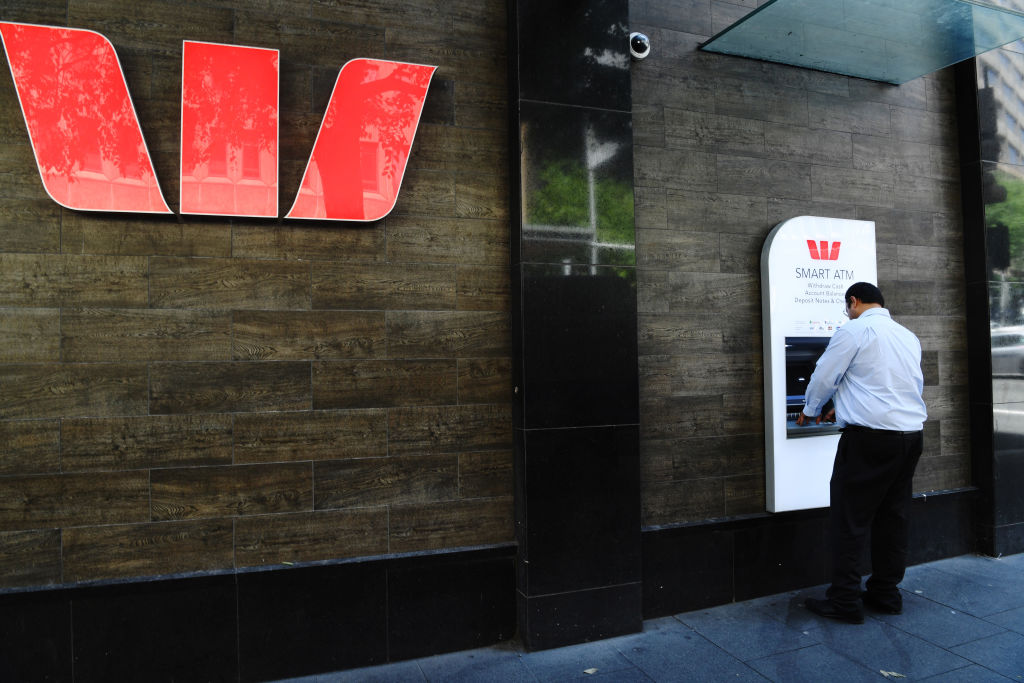What you need to do to get a home loan with all eyes on lenders

Stop gambling and pay your bills on time: that’s the blunt message from mortgage brokers to anyone hoping to get a home loan over the next few months.
New borrowers now need to hand over up to six months of bank statements – and it’s best if they show a track record of careful spending and regular saving.
In the past homebuyers could just estimate how much money they spent each month but banks have become stricter, spooked by pressure from the bank regulator and the financial services royal commission.
A homebuyer’s other debts are a big focus for lenders, says Chris Foster-Ramsay, principal finance broker at Foster Ramsay Finance.
“Particularly payday loans and late payments and gambling,” Mr Foster-Ramsay told Domain. “The feedback we’re getting from our lending partners is those couple of categories are being particularly scrutinised.”

He says banks will check HECS debts from university study or purchases through buy-now-pay-later service Afterpay – and whether those debts are being paid on time.
Borrowers can check their credit score online through free websites such as mycreditfile.com.au to see if they’re considered credit-worthy.
Banks have also been looking at spending on new clothes, eating out, takeaway coffee, holiday travel or even childcare.
Brokers say it’s acceptable to go out for dinner, sometimes, as long as a borrower can set a budget for entertainment costs and stick to it.
A potential borrower who is worried their spending patterns won’t pass muster needs to go on a “financial bootcamp” for three months, says 40Forty Finance director Will Unkles, who works with first-home buyers.

“You pull your head in, you spend your money wisely on the right things – that three-month period is long enough for the bank to say that is now habitual,” Mr Unkles says.
“Act as if you’ve got a mortgage the size of what you’re trying to get and see what your quality of life looks like.
“It could be a moment for people to realise, ‘I can’t afford to live if I only had X dollars left’.”
But he acknowledges the “cynic’s view” that some buyers might try to game the system and start splurging again once bootcamp is over.
With the money left over from bootcamp, borrowers need to show a track record of saving.
Most lenders will ask to see at least 5 per cent of a property’s purchase price as genuine savings if a buyer has a deposit below 20 per cent, says Jonathan Lee, owner-manager of Mortgage Choice in Williamstown.

Lenders will want to see savings accumulated in the past three months, to show a borrower’s financial discipline.
Or instead of savings, sometimes buyers who have been renting for 12 months can use their history of rental payments, he says.
“It’s just about being on your best behaviour all the time, being responsible with your accounts,” Mr Lee says.
“These betting apps are worse than smoking – they don’t affect your health personally but they affect your financial health.”
We recommend
What are the predicted interest rates for 2025?
Dexus takes heart from rate cut
We thought you might like
States
Capital Cities
Capital Cities - Rentals
Popular Areas
Allhomes
More









